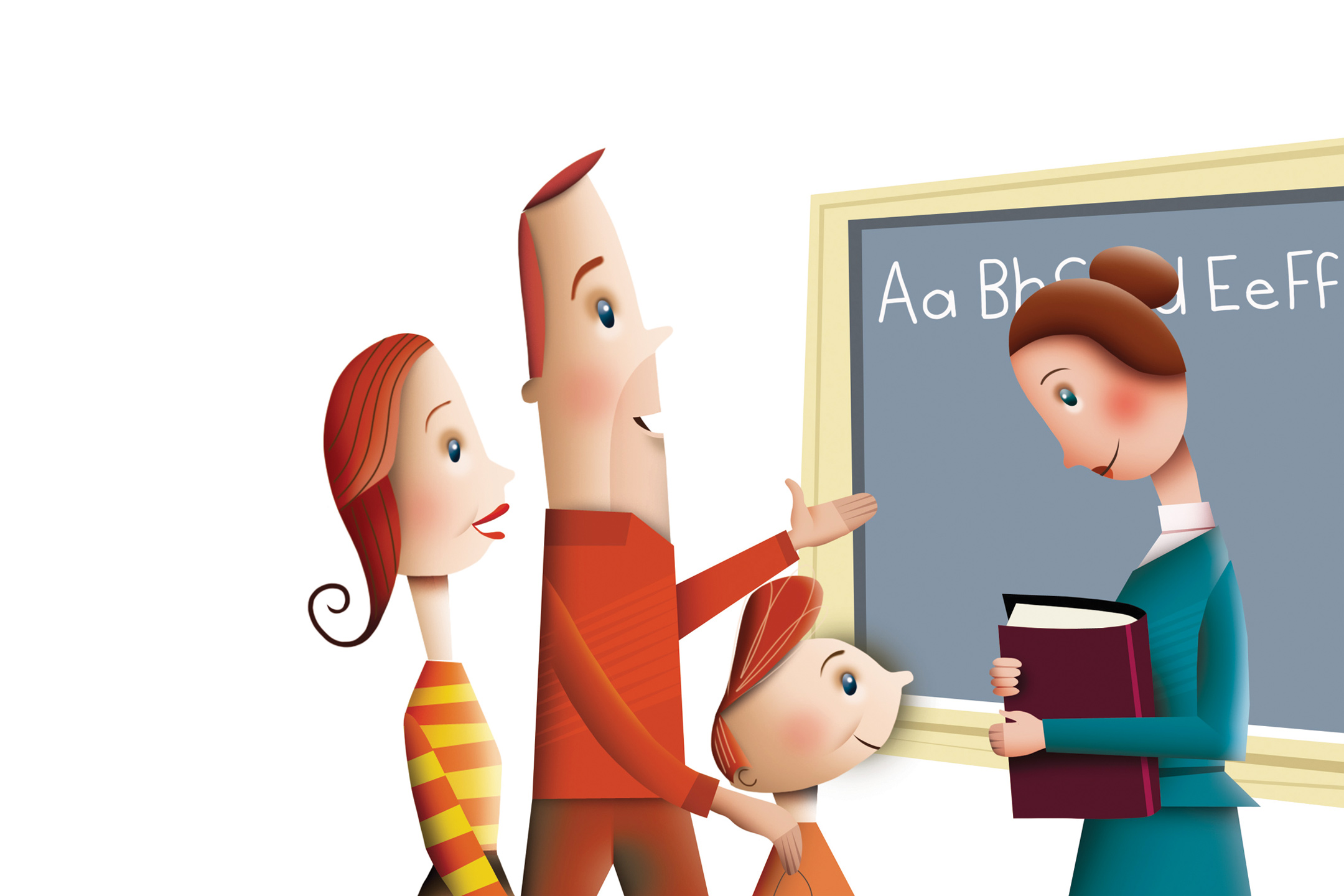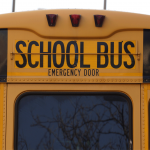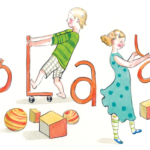
20 Jan How do we know when a child is ‘ready for school’?
Professors in education Sue Dockett and Bob Perry outline the factors that lead to a successful transition to school.
Children start school in Australia at different ages and at different times, depending on which State or Territory they happen to inhabit. For example, in NSW and Victoria, children can start in government schools at the beginning of the year in which they turn five years old, provided they turn five before 31 July in NSW, or 30 April in Victoria. In South Australia, most children commence school at the beginning of the term after they turn five. However, children do not legally have to start school until they are six years old and parents do have some choice about it – they can send their child to school as soon as he or she is eligible to attend, or ‘hold their child back’ for up to a year (depending on which State or Territory they live in). All of this can be very confusing for parents and families, and can cause a lot of anxiety – for the children as well as the adults.
So how do we know when a child is ‘ready for school’?
The term ‘school readiness’ has many different meanings in the research and practice around children starting school. Sometimes readiness is described in terms of the child’s age or stage of development. Other times, checklists of readiness skills and knowledge are used to identify what children should be able to do or what they should know before they start school. Still other definitions of readiness emphasise social and emotional aspects of children. The common factor underpinning these approaches is the focus on the individual child and whether or not they have reached a particular point of ‘readiness’. While it is clearly important to focus on the individual child, we need to remember that children do not exist in isolation. They are surrounded by groups of people who both influence them and are influenced by them.
Recent considerations of school readiness focus on at least three major components: the child’s readiness for school; the school’s readiness for the child; and family and community support available to the child and his or her family as the child starts school.
What knowledge and skills children take with them to school will certainly have an impact on the success of their transition. All children will start school knowing some things and being able to do some things. Many schools give checklists to the families of children who are starting school, asking parents to relate items on the list to their child. Often these lists will be quite detailed and, unfortunately, many families see them as lists of requirements for their child to meet before they are ‘ready’ for school. There are many stories of parents spending hours drilling a child in shoelace tying or hopping on one foot so that their child will be ready.
Research suggests that it is not what the child knows that is the critical issue. Rather, it is ‘who’ the child knows and ‘how’ they know people and things that is the crux of the matter. Probably the most important factor in children’s success as they start school is whether they are happy to be at school. Not surprisingly, if children want to be there, starting school will usually be successful.
So what makes them want to be there?
The hundreds of children with whom we have spoken over the past 14 years are almost unanimous in their view that it is access to their friends that makes them want to be at school. Close behind comes ‘knowing what will happen’ – usually in the form of knowing the rules, and learning some of the things that will be relevant to their school lives. While clearly what happens as children prepare and are prepared for school matters, what happens when they are at school matters a lot more. And this brings us around to whether the school is ready for the child.
Schools are ready for children when the people who work at the school care for each child as an individual, know about each child’s background and know each child’s key family members. ‘Ready’ schools also show respect for what has already been achieved by the child, his or her family and prior-to-school educators, and provide an interesting, stimulating educational program that relates positively to each child’s interests, culture and level of knowledge. Such schools will be part of transition-to-school programs that relate ‘where the child is heading’ to ‘where they have been’ in ways that show both continuity (of curriculum, respect, and expectations) and change (different rules, people and levels of responsibility). Children want schools to be different from their prior-to-school settings, but they need to have respectful support in order to negotiate these changes. ‘Ready’ schools provide such support.
There are a number of communities in which we have worked where the transition to school has been improved by major input from community entities and people outside school settings. Key among these are health agencies, which play a major role in ensuring that children have the best possible chance of being healthy when they arrive at school. This includes immunisation, nutrition and health checks. Additionally, in many rural and regional communities where children need to travel long distances to get to school, bus companies and their employees can provide substantial support to children starting school. Some local councils run celebrations for children who are starting school, and local media report on these and run features about the importance of a smooth transition to school. While it is the schools that play the major role in a child’s transition to school, successful transition is assisted when communities demonstrate that they understand the significance of this important milestone in a child’s life.
School readiness develops over time and through cumulative experiences and interactions, mediated by relationships. When the decision is made that a child is ready to start school, one hopes that it is reached in consultation with a number of people who know the child: the prior-to-school educators, health workers, other family members, friends, community elders or other community leaders, and any other significant people who know the child.
Is my child ready for school?
Research is equivocal about whether a child should start school as soon as they are legally allowed to do so or whether parents should wait to send them to school until the child is closer to six years old. So there really is no simple answer to the question ‘Is my child ready for school?’ However, we do know from our research, and that of many others, that it is not a matter of how old the child is, whether the child is a boy or a girl, how far he or she can count, or whether he or she can recite the alphabet. It is even less about whether the child can tie their shoelaces or recite their telephone number. Children have told us that starting school has been successful for them when they have friends, when they are happy to be at school, when they are learning something interesting and relevant to them, and when they know what is going on. Families can help make starting school successful for their child by ensuring that they have a positive relationship with their child’s teachers, and by communicating effectively with their child about school. It is also helpful to make sure that the child’s parents and prior-to-school educator have shared information about the child with the child’s prospective schoolteacher.
In short, successful transition to school depends on a number of positive relationships being built. The child needs the support of his or her family, friends and educators. The families need the support of both prior-to-school and school educators and other families, and the educators need the support of everyone involved. Building relationships takes time and energy, but the end result will be that children are happier and more successful as they start school. And we know that such early success lasts!
Sue Dockett and Bob Perry are professors in education at the Murray School of Education at Charles Sturt University. Over many years, they have researched and published widely in the area of educational transitions, particularly the transition to school.



